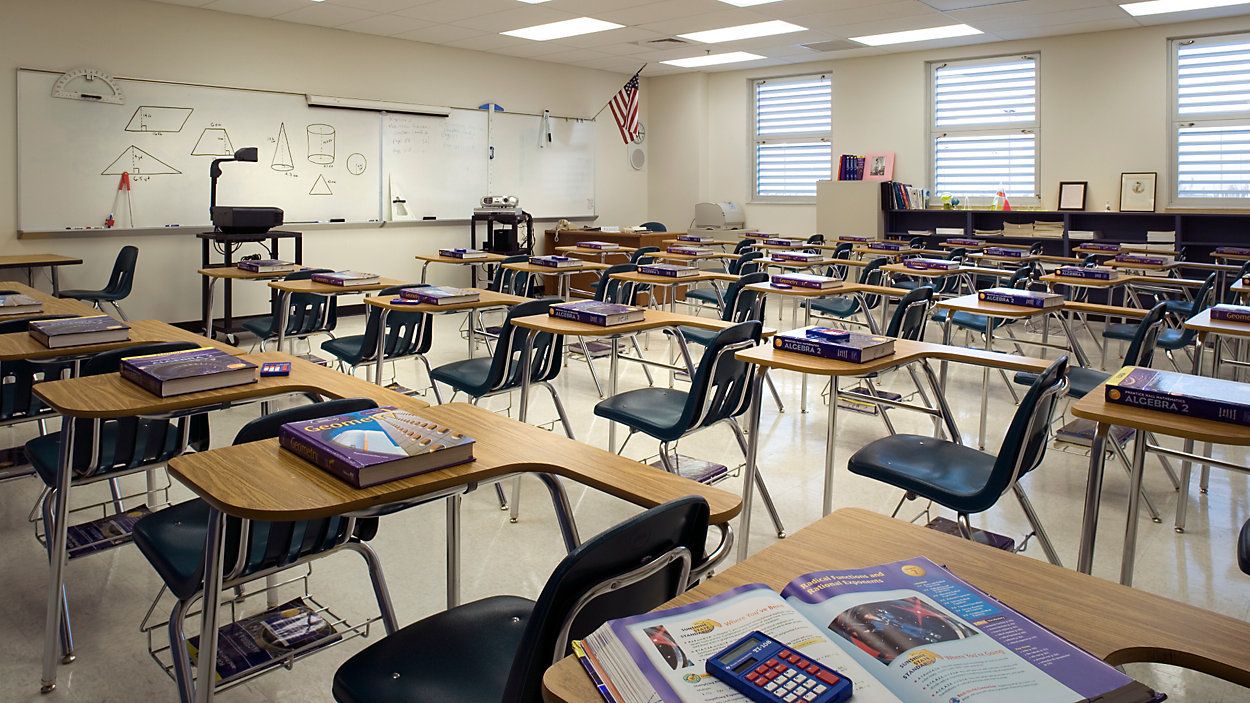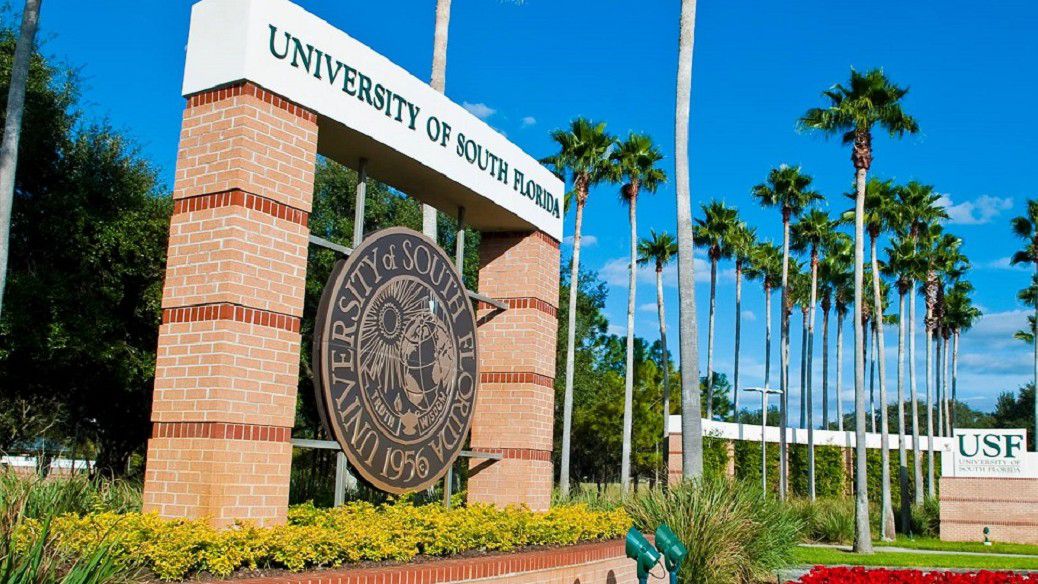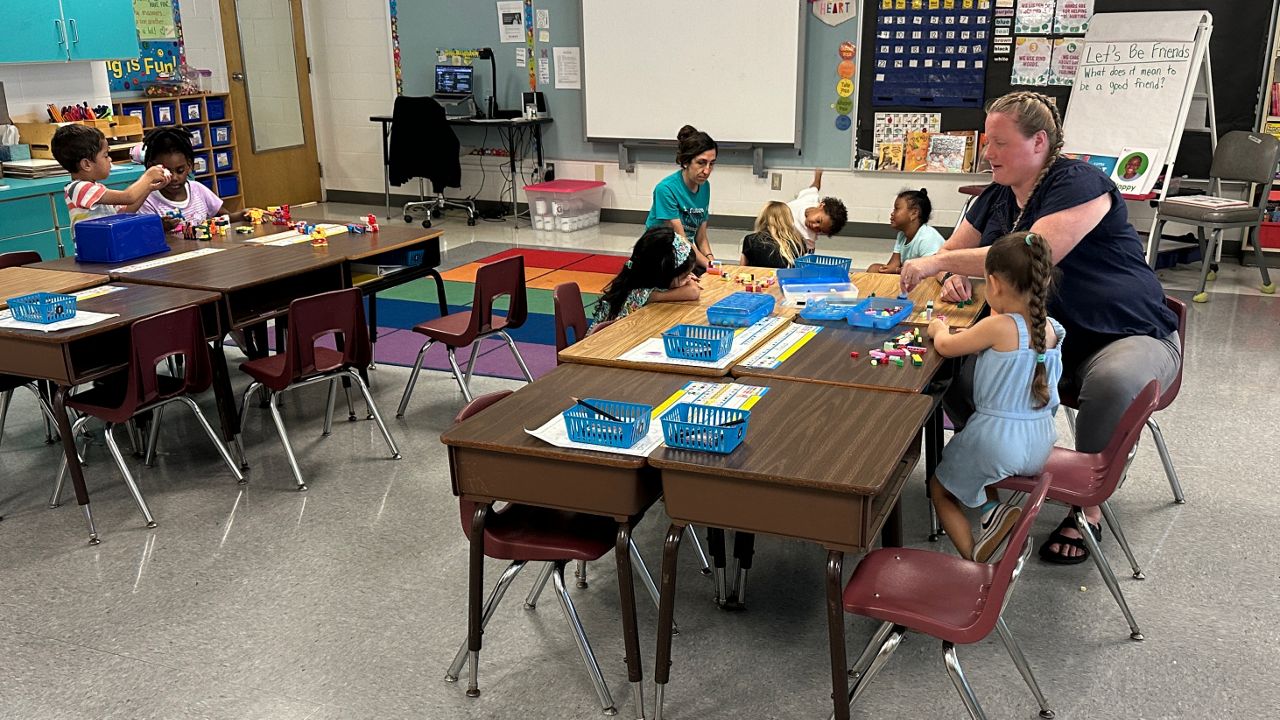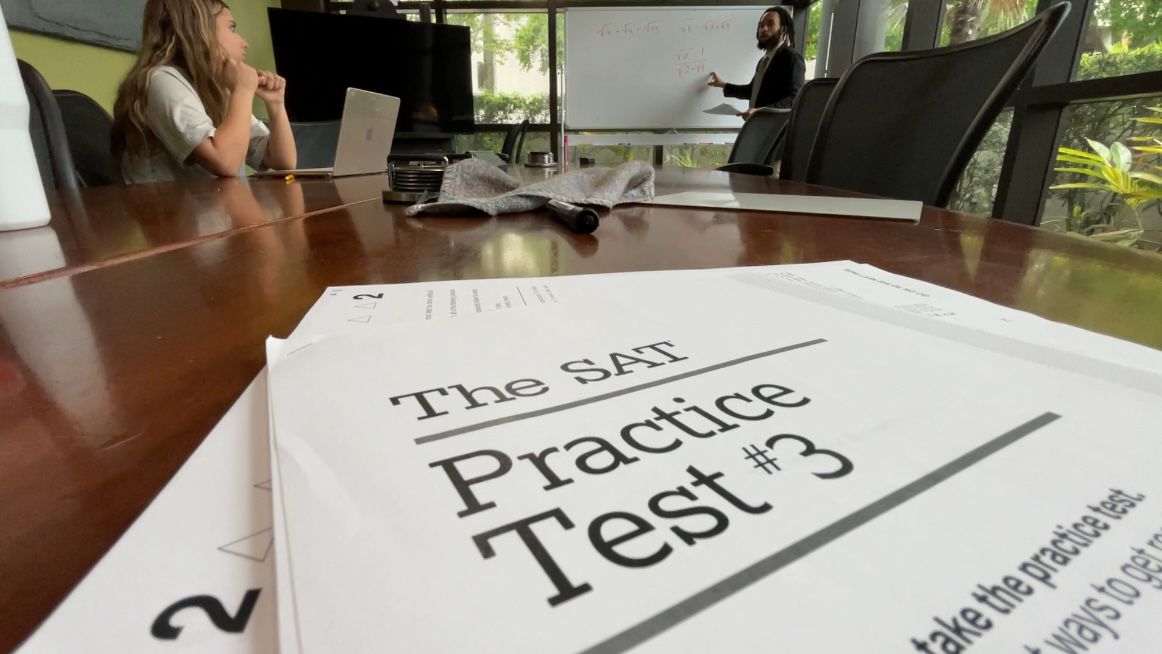TAMPA, Fla. — Ever wondered what it would feel like to have someone suggest children should not be able to read what you wrote?
That’s a question some authors have encountered, as people have challenged hundreds of books across Florida, arguing they don’t belong in school libraries.
What You Need To Know
- Ellen Hopkins, an author, says a small group of people are being given way too much power to decide which books wind up on school library shelves
- Another author, Mark Weakland, fears that pulling books from shelves – especially if it’s a book about a real part of our history that simply makes people uncomfortable – is a dangerous precedent
- Two moms with Moms for Liberty Hillsborough County dispute removals as 'book banning' and say they are simply trying to restrict a child's access to inappropriate content
Florida leaders dispute the term ‘book bans,’ insisting there are no ‘book bans’ in the state’s public schools. Instead, the governor says his policies have empowered parents to decide which content their child will be exposed to and enforced Florida law outlawing pornography and inappropriate content in schools.
“They say Florida doesn’t want books, they’re trying to censor books,” Gov. Ron DeSantis (R-Fla.) said at a news event earlier this year. “Turned out that was a hoax.”
Under current rules, though, people can challenge whether a book is appropriate for Florida schools. Sometimes the book is immediately pulled from shelves until it can go through a review process; sometimes the book stays on the shelf during the review process.
Then after the review, it’s either returned to the school library or permanently yanked off school shelves.
Ellen Hopkins
Ellen Hopkins is a best-selling author whose books – like “Crank,” “Burned” and “Impulse” – are aimed at teens. She has focused her stories on topics like drug addiction, mental illness and prostitution.
“I’m writing books that I hope will help kids make better choices and I’ve always done that,” Hopkins said.
But students in Hernando County will not find Hopkins’ work on school library shelves there. A school leader in Hernando County decided 13 of Hopkins’ books were harmful to minors.
“They’re taking all 13 of my books off the shelf, not because they’ve read them, but because my name is on the cover,” Hopkins alleges, adding that she considers the challenges to her books “unfair attacks.”
Hopkins believes a small group of people are being given way too much power to decide which books wind up on school library shelves, and she believes the challenges are heavily tilted toward one topic.
“A lot of that content is LGBTQ. They don’t want that content to exist because, honestly, they’d rather LGBTQ people not exist,” Hopkins told Spectrum Bay News 9. “There are readers out there that need these books."
Mark Weakland
Mark Weakland is a longtime public school teacher who also writes books, including books for children. He became involved in a biography series focused on famous Americans and their traits as kids.
“(We hoped) they would see the (famous people) as children and they’d come to understand that they were kids (once too),’ Weakland explained.
His contribution featured a book on the life of Wilma Rudolph, the African American Olympic track-and-field star who overcome polio as a child to win three gold medals at the 1960 Summer Olympic Games.
“When Wilma Rudolph Played Basketball,” was first published in 2016. But a woman in Escambia County, Florida recently challenged whether the book should be in school libraries, calling it “race-baiting” and “very anti-white.”
The woman did not like a passage in Weakland’s book where he notes that Rudolph felt treated differently as a child than white girls.
“That particular book – I was astounded (it was challenged),” Weakland said. The book was eventually returned to shelves after a review committee did not back up the challenge.
Weakland agrees that parents can and should be concerned about what their children are reading. But he fears that pulling books from shelves – especially if it’s a book about a real part of our history that simply makes people uncomfortable – is a dangerous precedent.
“We might not be happy about it, some might feel ashamed about it, some people might feel guilty about it, (but) these feelings can help us become better people,” Weakland said.
Rio Cortez
Rio Cortez began writing a book when she was pregnant with her daughter, who was also the inspiration for the book. She called it “The ABCs of Black History,” something she felt she wasn’t taught herself when she was a child.
“My goal at first was just to talk about those stories with younger audiences,” Cortez said of her book, which is told in a picture-book format and is written in rhyming verse. “It’s definitely intended as more of a storytime book.”
But right now, in one South Florida school, it is available only to middle schoolers. It is no longer available to elementary school students after a parent voiced concerns. Cortez said she has seen the parent’s note.
“The parent listed CRT and gender ideology as the reason she was concerned as a parent,” Cortez said, adding that she was baffled by the accusation. “Those (topics) are very difficult to find in ‘The ABCs of Black History,’”
Cortez, like all the authors we interviewed for this story, voiced concerns about the larger trend of books facing challenges in Florida schools.
“Restricting access or request-only materials by students is essentially the same as banning a book,” Cortez argued.
Moms For Liberty Hillsborough County
Laura Kissak and Alyssa Hines would dispute that.
The two Tampa mothers are members of Moms For Liberty Hillsborough County and have focused their efforts on challenging inappropriate content in school libraries.
“To me, it’s not book banning. They can get it from any other location,” Hines said. “It’s just removing it from one location that you have access to it.”
“We as Moms For Liberty Hillsborough do not support banning books. We support removing books with inappropriate content,” Kissak added. “We’re just about removing sexual content that you wouldn’t want kids to watch or see anywhere else.”
Kissak and Hines were active in the effort this year to challenge a book called “This Book Is Gay” by Juno Dawson, which the Hillsborough County School Board later outlawed at all county middle schools.
Kissak says her goal is to restrict sexual content – gay or straight -- that doesn’t follow Florida’s child obscenity laws. She believes she’s fighting for the power to do what school librarians also do, a process called ‘weeding’ where the librarian decides which books will remain in the library.
“There is this double standard when parents do it. When interested parents do it, we’re called ‘book banners.’ But when librarians do it, they’re just weeding the system. They’re just weeding the books out,” Kissak said.
“This Book Is Gay” is the only book the group that Hines and Kissak belong to have gotten removed from Hillsborough County schools. But there are multiple books they have concerns about.
The Agreement
Two things stood out from our interviews with all of the people in our story – both from the authors who have faced challenges and some of the moms who were issuing those challenges.
First of all, everyone involved believes they are helping children – just in very different ways. And secondly, both sides agreed that people should read a book in its entirety before challenging it.
In fact, in Hillsborough County, you are required to do that if you submit a challenge.








